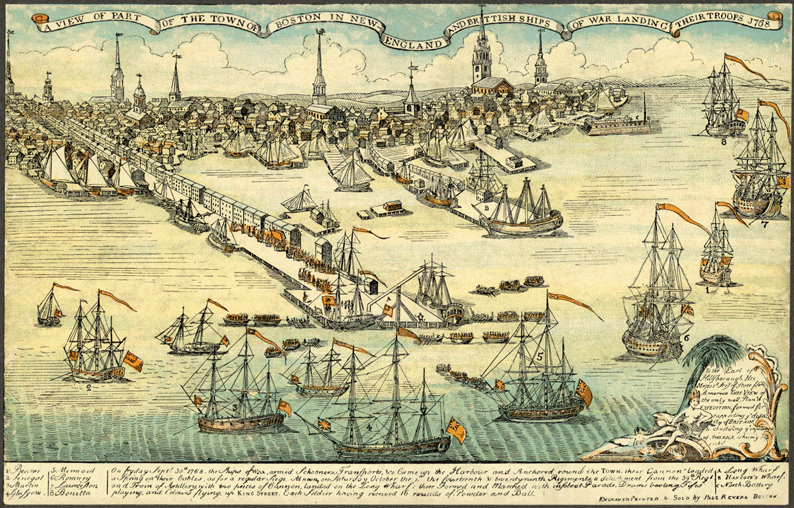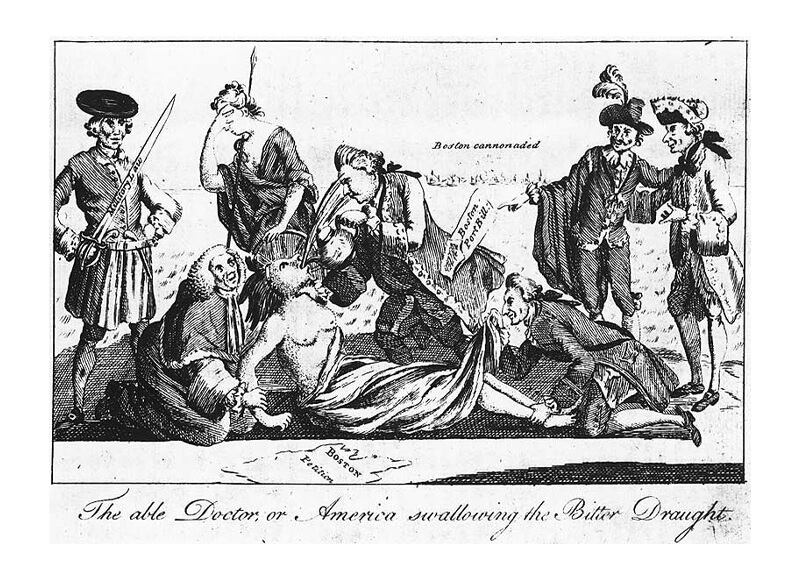Acts Of Trade And Navigation & The Three Rules
Using the following list on the next page giving the value of exports to and imports from England complete the three exercises below. Balance of payments h.
Navigation Acts And Parliament S Control Over Colonial Trade
Required all crews to be at least 12 English in nationality.

Acts of trade and navigation & the three rules. 18 and is commonly referred to as the First Navigation Act though in reality it was the successor of many Navigation Acts. -laws that regulate trade between England and its colonies. The acts eventually contributed to growing colonial resentment with the imposition of additional duties on sugar tobacco and molasses.
Benefits of being British subjects d. -acts passed in the 1650s by the English Parliament. These policies reflected the evolving principles of mercantilism.
Answer 1The Navigation acts were passed by the British parliament. Digital History ID 4102. The Navigation Acts were trade rules that governed commerce between Britain and its colonies.
British law stipulated that the American colonies could only trade with the mother country. 1889 The Navigation Laws. Master and 34 of crew must be English.
Explore the definition purpose and summary of these Acts and discover their results. That colonies existed to strengthen the economy of the mother country. Most goods must be carried on English or colonial ships.
Although not always strictly enforced. The Navigation Acts were laws designed to support English shipbuilding and restrict trade competition from Englands commercial adversaries especially the Dutch. -colonies must ship certain goods to England for processing and distribution.
The preamble states its object to be the increase of shipping and encouragement of the Navigation of this nation wherein under the good Provi-. The Navigation Acts were the set of rules that the English devised. They prohibited the colonies from trading directly with the.
The Trade and Navigation Acts also required that certain enumerated commodities produced in. The Federal Trade Commission Act which created the FTC and the Clayton Act. They began in 1651 and ended 200 years later.
These acts were a series of twenty-nine laws passed to control colonial trade and shipping. The three-way trade between America Africa and the West Indies was started by merchants in what colonies. Regulation of vessels engaging in trade regulation of colonial exports and regulation of colonial imports.
To win each nation developed a series of policies of establishing a trading system within its empire. After April 1763 a British naval squadron was stationed at Halifax Nova Scotia and its commander was ordered to do all within his power to. The first of the Navigation Acts existed for almost two centuries and was repealed in 1849.
-Only ships can carry goods from colonies to other places. It was possible however to exercise tighter control over a far more important species of the trade of the coloniestheir maritime trafficwithout an increase in expense. The English enacted Trade and Navigation Acts in 1651 the first in a series of trade acts aimed at bolstering British trade at the expense of Dutch trade.
Congress passed the first antitrust law the Sherman Act in 1890 as a comprehensive charter of economic liberty aimed at preserving free and unfettered competition as the rule of trade In 1914 Congress passed two additional antitrust laws. What was the three cornered trade route called which linked the Thirteen Colonies with other parts of the world. What were the laws called that established rules of trade between England and Thirteen Colonies.
This first act and subsequent acts required that all goods produced in the British Empire be shipped in British ships with British crews. The Navigation Acts were part of the British policy of mercantilism. Favorable balance of trade g.
Exports imports f. They reflected the policy of mercantilism which sought to keep all the benefits of trade inside the Empire and minimize the loss of gold and silver to foreigners. Required all colonial trade to be on English ships.
Eliminate Dutch competition from colonial trading routes. What were the three navigation acts. 1 Improving laws- This imposed higher taxes and restrictions on the trade of the English colonies some authorized trade that they had previously prohibited.
Click card to see definition. Navigation Acts in English history a series of laws designed to restrict Englands carrying trade to English ships effective chiefly in the 17th and 18th centuries. All goods sent to America had to be.
Acts of Trade and Navigation Navigation Acts Between 1651 and 1733 Parliament passed a series of acts designed to regulate trade in colonial America. Acts of Trade and Navigation. Their framework included three pillars.
Tap card to see definition. Trade to and from the colonies could be carried only by English or colonial-built ships which could be operated only by English or. Navigation Acts were a series of laws that restricted the use of foreign ships for trade between Britain and its colonies.
The measures originally framed to encourage the development of English shipping so that adequate auxiliary vessels would be available in wartime became a form of trade protectionism during an era of mercantilism. This is the currently selected item. American colonies - American colonies - Regulation of maritime trade.
The Navigation Acts or the Acts of Trade and Navigation were a series of laws passed by the British Parliament over a number of decades that regulated how colonists were legally allowed to trade. The laws were designed to protect British economic interests in colonial trade and to protect its industry against the rapidly growing Dutch navigation trade. The Navigation Act of 1651 aimed primarily at the Dutch required all trade between England and the colonies to be carried in English or colonial vessels resulting in the Anglo-Dutch War in 1652.
Englands government implemented a mercantilist policy with a series of Navigation Acts 1650 to 1673 which established three rules for colonial trade. The British Navigation Acts of 1651 were meant to tighten control over trade between England and other countries. The Navigation Act of 1660 continued the policies set forth in the 1651 act and enumerated certain articles-sugar tobacco cotton wool indigo and ginger-that were.

The Tea Act Boston Tea Party Facts 1773

Decimal Degrees To Degrees Minutes Seconds Calculator Math Methods Teaching Math Studying Math

Intolerable Acts Of 1774 Boston Port Bill Quebec Act

The Trade And Navigation Acts For Apush Simple Easy Direct

Pin On Revolutionary War Project Warren
Navigation Acts And Parliament S Control Over Colonial Trade

Navigation Acts And Parliament S Control Over Colonial Trade
Navigation Acts And Parliament S Control Over Colonial Trade

Pin On Revolutionary War Project Warren

Navigation Acts 1651 1660 Ncpedia

The Tea Act Boston Tea Party Facts 1773

Cause Of The Boston Tea Party Boston Tea Party

These Navigation Acts Were Created In 1651 To Restrict Foreign Ships To Trade Between Britain Navigation Acts Powerpoint Presentation 6th Grade Social Studies
:max_bytes(150000):strip_icc()/GettyImages-805677738-5bc5276b46e0fb005132cc1b.jpg)
:max_bytes(150000):strip_icc()/boston-harbour-3094968-85de5e4727ec426cba27e4656b2f5f75.jpg)
/boston-harbor-at-sunset-by-fitz-hugh-lane-593279108-5bd7ab1a46e0fb005147c85a.jpg)
Post a Comment for "Acts Of Trade And Navigation & The Three Rules"